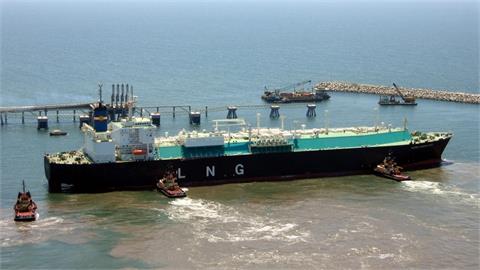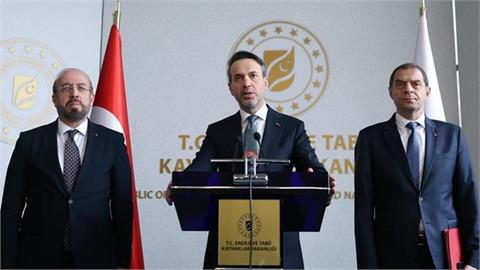Ukraine's finance minister has urged rich nations to provide more aid to rebuild the country's economy after the Russian-backed conflict in the east produced "probably the greatest humanitarian crisis" in Europe since second world war.
Natalie Jaresko told the Financial Times in an interview that a four-year, $40bn, IMF-led bailout finalised this month - including restructuring $15bn of debt - was enough to stabilise the financial and banking system. But that was a "first step".
Ukraine needed billions more to restart growth, rebuild shattered infrastructure, and deal with the effects of the eastern conflict that has killed at least 6,000 people, wounded 15,000 and displaced more than a million.
"I believe strongly that the G7, and frankly speaking the broader G20, has a responsibility now to support Ukraine in a much bigger way financially," Ms Jaresko said.
"It's a very hard discussion going on in many capitals whether or not Ukraine deserves defensive military support . . . But whether or not they provide us defensive military support, financial support is absolutely critical."
The appeal came during meetings with investors and officials in Washington and London the American-born Ms Jaresko to explain to investors and officials the depth of Ukraine's crisis and its new government's commitment to reform.
It followed signs that the latest ceasefire in the east could be fraying, with reports of Russian-backed rebels using heavy artillery. Russia and the separatists have accused Kiev of undermining last month's Minsk ceasefire agreement by attaching conditions to a law offering limited self-government to breakaway eastern regions.
Ms Jaresko stressed Ukraine was grateful for the $17.5bn IMF aid and other bilateral support totalling $7.5bn. But it was better to put in more now "because the cost of a failed state will be so much greater".
"It's important for everyone to understand that this is the single time to invest in a country, and in a nation, that has lived and died by the principles of freedom and democracy and . . . for the European philosophy," she added.
Some central European countries have called for a "new Marshall Plan" for Ukraine. Ms Jaresko said Ukrainian citizens had died during pro-democracy protests and in the eastern conflict in support of a vision of a more law-based and prosperous future.
The west, she noted, had previously put considerable sums into democracy creation in countries where it thought this was important, with both successes and failures.
"But here's one ready, waiting and fighting every single day, sacrificing every single day, in front of an aggressor who's a nuclear power, and doing it on its own," Ms Jaresko said.
Speaking ahead of a meeting with UK chancellor George Osborne, Ms Jaresko noted that - while Britain has provided non-lethal military support and sent military trainers - the UK had not so far provided bilateral financial aid.
"It's very symbolic when the UK participates in that support. For UK businesses it's symbolic, it's symbolic for other countries in the G7," she said.
"I end up hearing this burden-sharing argument between different parties," Ukraine's finance minister added. "The Americans say the Europeans should do more, the Europeans say the Americans should do more. That's an interesting debate, but no one's paying a greater cost than the Ukrainian people."
Ukraine's debt restructuring plan depends on co-operation from both official and private sector creditors, including Russia.
Russia's deputy finance minister Sergei Storchak told Reuters on Monday the country still expected to be repaid on time and in full, but would not seek to accelerate payments on a $3bn bond due in December.
The bond, provided to Ukraine during the previous government of pro-Russian president Viktor Yanukovich, contains a clause that allows Moscow to trigger early repayment if Ukraine's debt exceeds 60 per cent of GDP - a threshold already breached.
Mr Storchak reportedly said Russia did not want to make life difficult for Ukraine, although one analyst familiar with the situation said the motivation for Moscow to not call for an early repayment could be concern about Ukraine's ability to make gas payments to Russia.
IMF calculations assume Russia's bond will be included in this year's debt operation, although Moscow has yet to sign up to Ukraine's creditor talks. Ms Jaresko said she had no current plans to visit Moscow.
(Financial Times)



